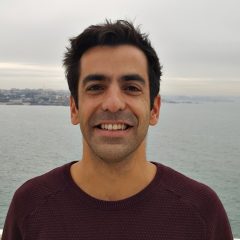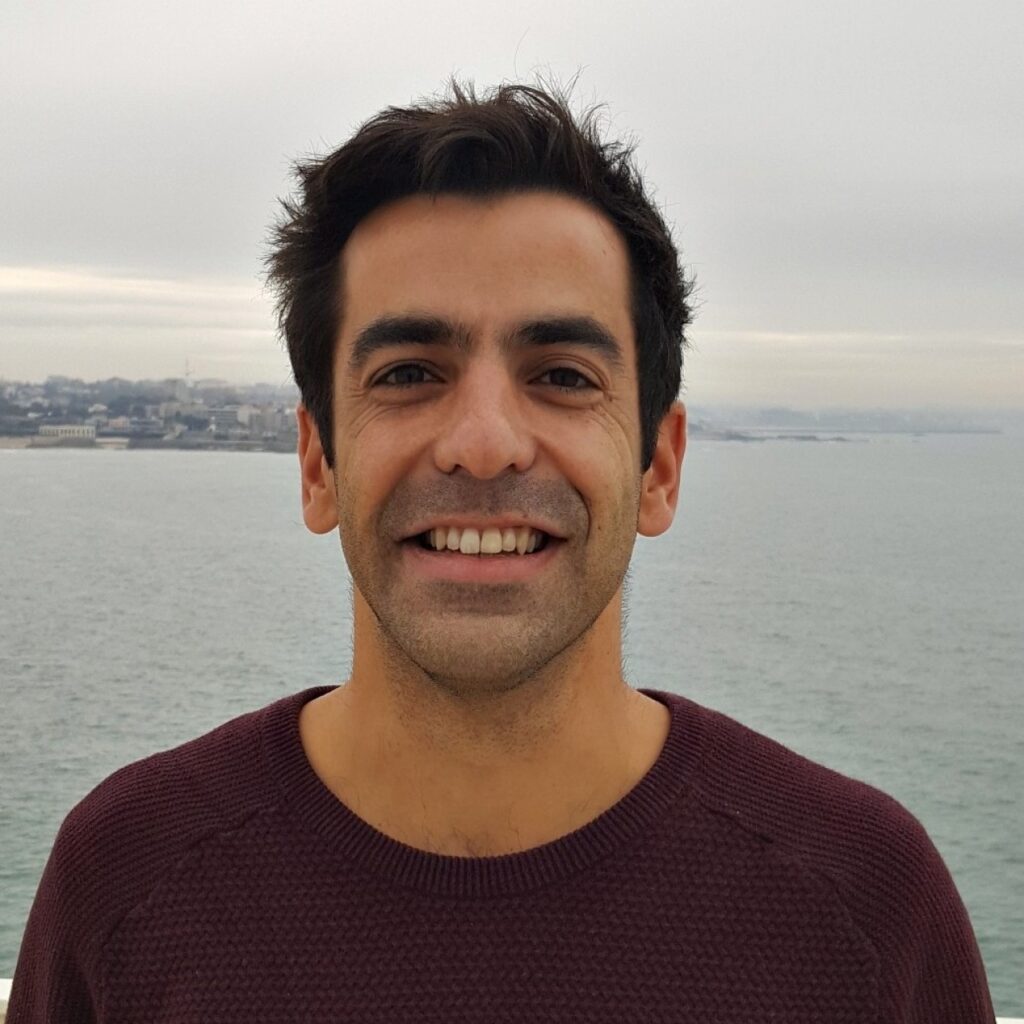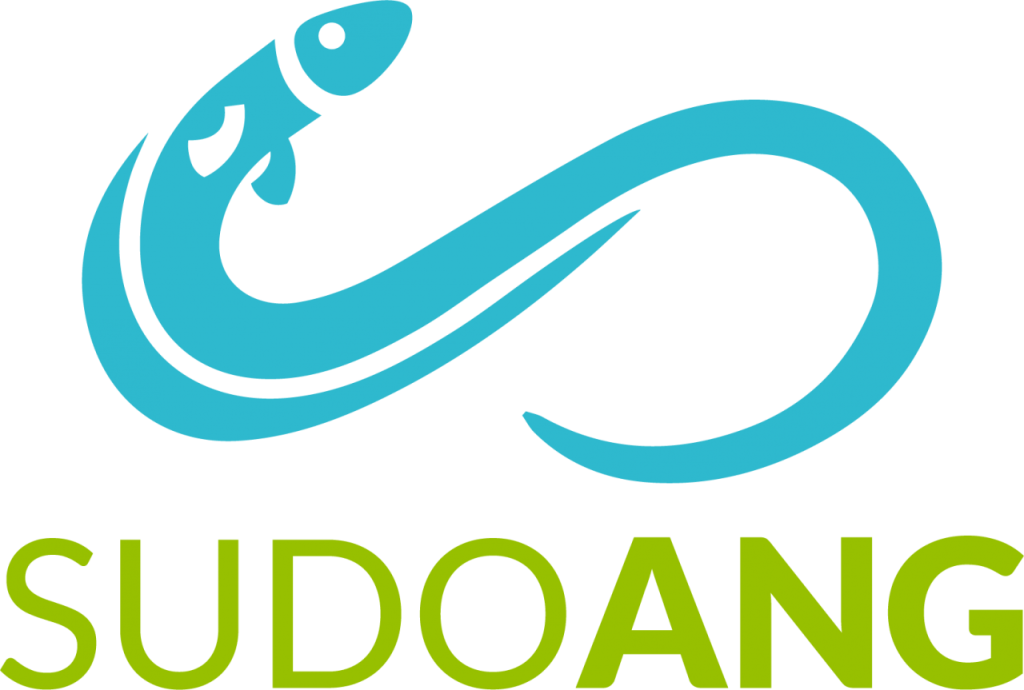

Researcher
Miguel Semedo received his PhD in Marine Sciences from the Virginia Institute of Marine Science, College of William and Mary (2019), and he is currently a junior researcher at CIIMAR. As a microbial ecologist, Miguel is interested in investigating the diversity and function of microbial communities across multiple environments and their roles in biogeochemical processes. He is especially interested in understanding the impacts of human activities and pollution on these microbial processes. For his research, he applies molecular, bioinformatic, and biogeochemical methodologies to connect the dots between microbial community composition and biological activity.









